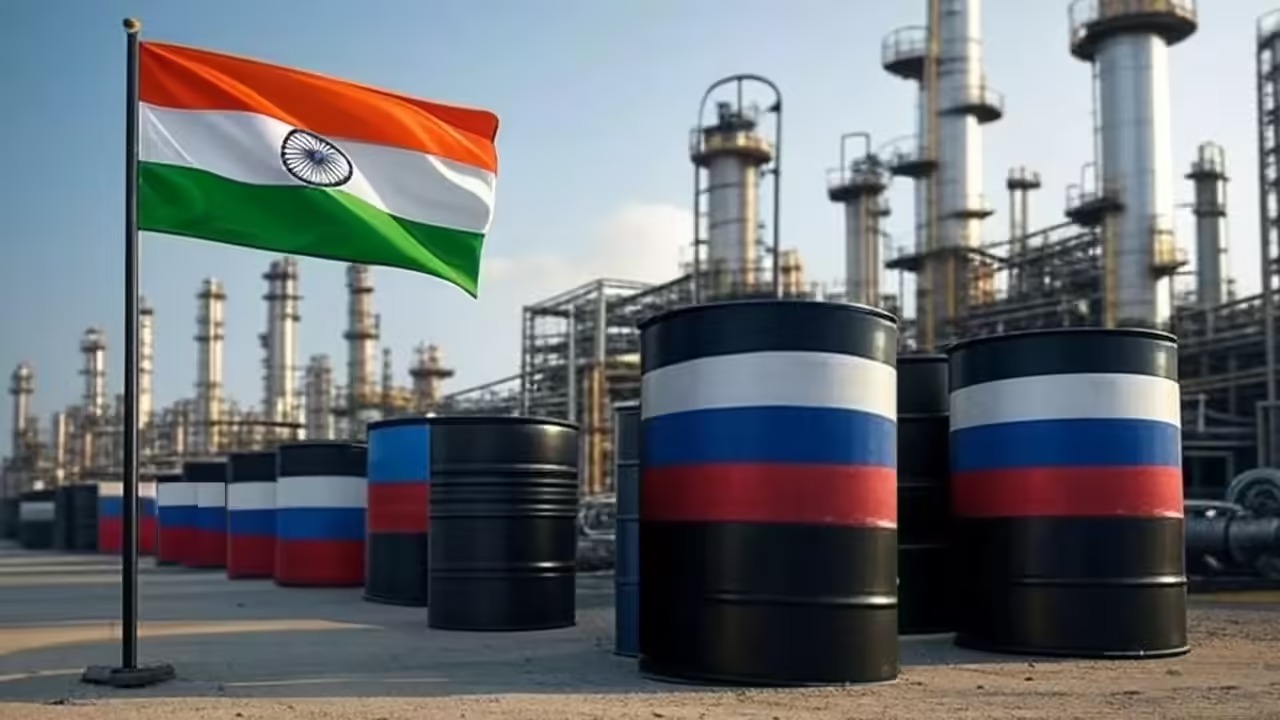Indian state-run refiners are reviewing shipping documents for all Russian crude cargoes arriving after November 21 to ensure none originate directly from newly sanctioned oil giants Rosneft or Lukoil. The move follows fresh US sanctions targeting Moscow’s top energy firms, triggering heightened compliance checks and diplomatic balancing by New Delhi.
In the wake of new US sanctions on Russia’s top oil producers—Rosneft and Lukoil—Indian state refiners have begun a systematic review of oil shipments scheduled to arrive after November 21. The examination focuses on bills of lading and vessel documentation, ensuring that no supply chain link directly ties to entities blacklisted under the latest Western measures.
The step marks a cautious compliance effort amid growing geopolitical tension following the United States’ and Britain’s coordinated sanctions earlier this month. The crackdown targets Russia’s energy exports that Washington and London claim are financing Moscow’s ongoing war in Ukraine. These sanctions block dealings with Rosneft and Lukoil subsidiaries, freezing related assets and prompting refiners globally to reassess contracts.
Energy officials told Reuters and Economic Times that Indian refiners—including Indian Oil, Bharat Petroleum, and Hindustan Petroleum—are cross-verifying suppliers’ documentation for any trace of Rosneft-controlled or Lukoil-operated cargoes. The checks are being applied to shipments arriving post-November 21, aligning with compliance deadlines tied to sanctions’ effective enforcement dates.
While India continues to import discounted Russian crude to safeguard domestic fuel prices, the government has emphasized that all purchases must comply with international legal frameworks. Officials noted that no formal import restrictions have been issued yet, but refiners have been directed to avoid exposure to sanctioned entities to protect dollar-denominated transactions and insurance coverage.
Notable Updates:
The United States formally sanctioned Rosneft and Lukoil on October 22, with UK sanctions following on October 14.
The sanctions aim to cut off revenues funding Russia’s Ukraine war, freezing assets and banning allied nations’ transactions.
Refiners are seeking alternative intermediaries and shipping channels to maintain low-cost crude inflows without breaching sanctions.
India’s Nayara Energy, partly owned by Rosneft, is already under British sanctions and may face operational hurdles in sourcing non-sanctioned cargoes.
Oil imports from Russia reached nearly 1.9 million barrels per day in October, according to Kpler data, indicating sustained dependency despite diplomatic pressure.
Major Takeaway:
With Washington’s sanctions tightening and scrutiny on Russian-origin oil intensifying, New Delhi’s refiners are balancing energy security against geopolitical risk, signaling a more cautious procurement approach heading into winter demand season.
Sources: Reuters, Bloomberg, Economic Times, Financial Express, S&P Global.

